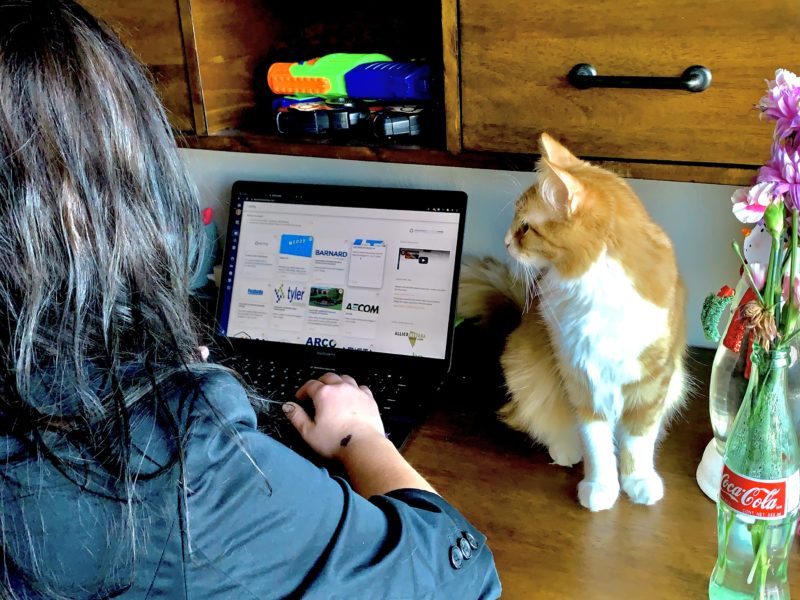With the rise of the pandemic and online learning, there has been an extreme increase in usage of online platforms and services such as Discord, GroupMe, Chegg, etc. In the era of online lectures, limited zoom office hours, and limited chances for teacher-to-student communication, students have turned to these services for homework help and easier communication with their peers. Discord and GroupMe are excellent in allowing students to chat easily and help them communicate. Discord especially has chat functions as well as video and calling abilities. This being said, these two apps only help with communication between students. Email and Zoom only help with communication between students and professors. Communication is the keyword, and communication is a two-way street. What happens when you are so stuck, and you cannot reach anyone to help you with an assignment?
That is where Chegg comes in. As engineering and STEM students, we are most likely all familiar with Chegg or have heard of the service. Chegg is a paid online homework help platform that provides homework solutions, tutoring, and even access to some textbooks. Most students use Chegg for these studying resources, but some students and even professors may be interested to know that Chegg also provides access to math solvers for difficult derivations and equations, flashcards for tests, writing help, internship and career insight, scholarship aid, and advice for student’s financial concerns. Honestly, it is a student’s dream come true, but what happens when we actually try to utilize this resource?
Everyone has seen or even experienced the horror stories of professors discovering that their students use Chegg to help them to do homework and then proceeding to give everyone zeros for cheating. Blatantly copying is cheating, but is getting help cheating? Is it really cheating if you are using a platform designed for supplying help to students? Is it cheating to look for help, find it, and then use it? Students are always told to utilize their resources and seek help when they need it. Yet often professors turn hypocritical when it comes to Chegg and other similar study platforms. They are so adamant about students learning and receiving the necessary resources to learn, yet become so angered when their students use the resources available to them. Unlike professors and tutoring centers at a university, Chegg is a 24/7 resource. Professors, tutors, and peers are phenomenal resources, but they can’t and won’t be there to help you with every homework and every small question you may have. In addition, some students truly just do not have time to wait for a professor to email them back about homework questions. Professors, students, teaching assistants, graders – we are all busy people. It is often hard to find help when everyone’s schedules do not align. If students are all unable to get help through other means, should they deserve to get lower grades than their fellow classmates? Should they fail because they had questions that no one else had time to answer?
Another hypocritical aspect of using this service is that professors do not like students using the platform, yet they sometimes do the same thing. Every professor has at least one solution manual for the homework they assign on their bookshelf or computer. I cannot be the only one who has actually gone to office hours for a professor to either say “Let me check the solutions” or to have them just show me the solution manual because they don’t know how to explain the problem. If they, as professionals with degrees cannot do a specific problem without looking at the solution, how in the world do they expect students to? Students need to be able to have resources available to them. We need 24/7 in-depth help, and we shouldn’t be shunned or criticized or given zeros by professors who utilize the same academic freedoms that we have to pay to use.




'Helluva Hot Take: Chegg' has no comments
Be the first to comment this post!